New Scientist covers the latest developments in science and technology that will impact your world. New Scientist employs and commissions the best writers in their fields from all over the world. Our editorial team provide cutting-edge news, award-winning features and reports, written in concise and clear language that puts discoveries and advances in the context of everyday life today and in the future.
Elsewhere on New Scientist
Know your limits • Why it is important to understand what we can and can’t know
New Scientist
Capturing the storm • Heavy rain in California continues to harm the state, but plans to store rainwater could help stave off drought, reports James Dinneen
AI will advise a defendant in court • An artificial intelligence is set to tell a defendant what to say during a court case over a speeding fine. It is likely to be the first case defended by an AI, reports Matthew Sparkes
First satellite launch from the UK failed to make orbit due to an ‘anomaly’
Twisted branches may explain the longevity of ancient trees
Genetic map made of the cells linked with endometriosis
AI chatbots could stagnate due to shortage of training data
Genetic adaptations to urban life found in city-slicker lizards
Slow road to gender parity • Men set to publish more papers than women for the next 100 years
Sloths grip stronger than humans and other primates
How childhood adversity may influence the adult brain and mental health
Background cooling effect of volcanoes underestimated
Quantum hack isn’t ready yet • A claim that quantum computers can break modern encryption methods has been met with cautious scepticism – but it could happen one day, finds Matthew Sparkes
Field notes Dole, France • Are robotic insect farms the future of food? A French company is hoping its dried mealworms will replace some of the meat in our diets. Alex Wilkins pays its pilot factory a visit
Communication within certain brain regions becomes faster as we age
Supernovae may create interstellar meteorites
Supersized wind turbines could bend in the breeze
Wi-Fi pings might let hackers run down your battery
Pre-eclampsia and high blood pressure in pregnancy linked to 19 gene variants
Reef fish feel knock-on effects of invasive rats
New part of our brains discovered
Penises enhanced with artificial flesh
Changes in Amazon linked to climate in far-flung areas
Really brief
Just like us? • Attributing human motivations and feelings to animals such as bees stifles scientific enquiry instead of encouraging it, says Marlene Zuk
No planet B • Don’t sweat it quite so much Ten years ago, we feared that catastrophic global warming of between 4oC and 5oC by 2100 was a real risk. Today, that is no longer plausible, says Graham Lawton
Insects in peril
Your letters
Worth paying attention to • Gloria Mark has studied distraction since 2004. Her first book is a welcome injection of evidence into the issue of declining attention spans, says Elle Hunt
A window on the past • This is a gripping look at palaeobiology, a field achieving incredible insights into ancient life on Earth, finds Simon Ings
Don’t miss
The games column • What to play in 2023 From exploring the world of The Expanse to Starfield, a sci-fi role-playing game set in the 24th century, there is much to look forward to this year. Let’s just hope there are no more delays, says Jacob Aron
The limits of knowledge
On the edge • Over the next few pages, we explore five questions that take us to the outer limits of knowledge
WHAT IS INSIDE A BLACK HOLE?
WILL WE EVER SOLVE THE LIAR PARADOX?
WHAT IS IT LIKE TO BE A...

 Dec 14 2024
Dec 14 2024
 Dec 07 2024
Dec 07 2024
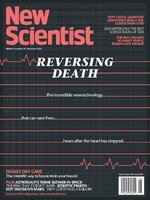 Nov 30 2024
Nov 30 2024
 Nov 23 2024
Nov 23 2024
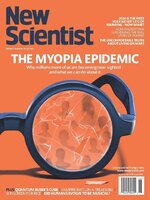 Nov 16 2024
Nov 16 2024
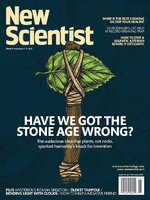 Nov 09 2024
Nov 09 2024
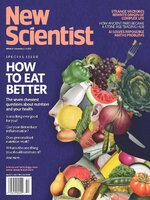 Nov 02 2024
Nov 02 2024
 Oct 26 2024
Oct 26 2024
 Oct 19 2024
Oct 19 2024
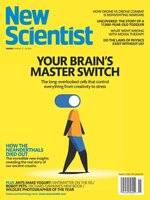 Oct 12 2024
Oct 12 2024
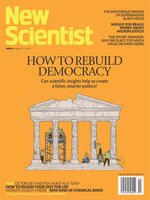 Oct 05 2024
Oct 05 2024
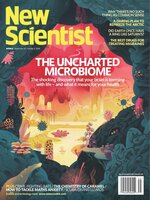 Sep 28 2024
Sep 28 2024
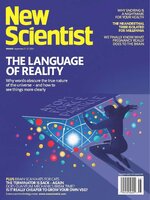 Sep 21 2024
Sep 21 2024
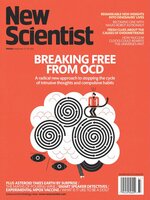 Sep 14 2024
Sep 14 2024
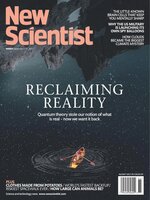 Sep 07 2024
Sep 07 2024
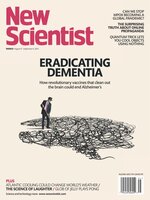 Aug 31 2024
Aug 31 2024
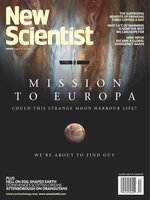 Aug 24 2024
Aug 24 2024
 Aug 17 2024
Aug 17 2024
 Aug 10 2024
Aug 10 2024
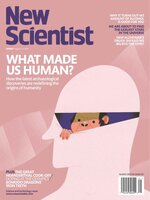 Aug 03 2024
Aug 03 2024
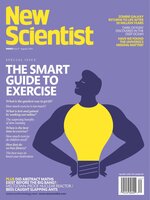 Jul 27 2024
Jul 27 2024
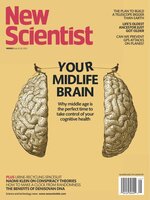 Jul 20 2024
Jul 20 2024
 Jul 13 2024
Jul 13 2024
 Jul 06 2024
Jul 06 2024
